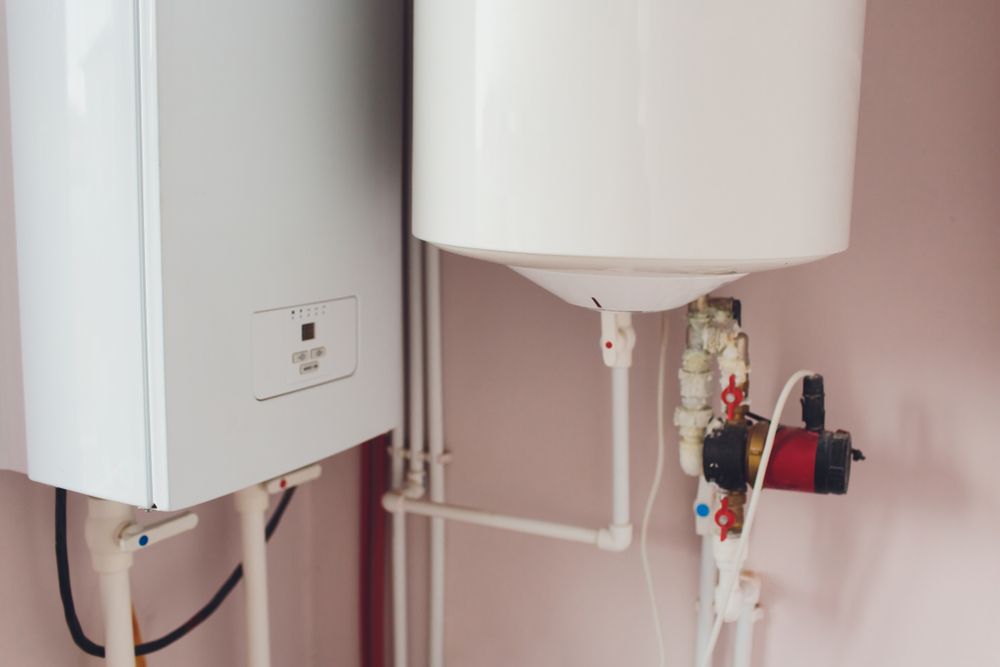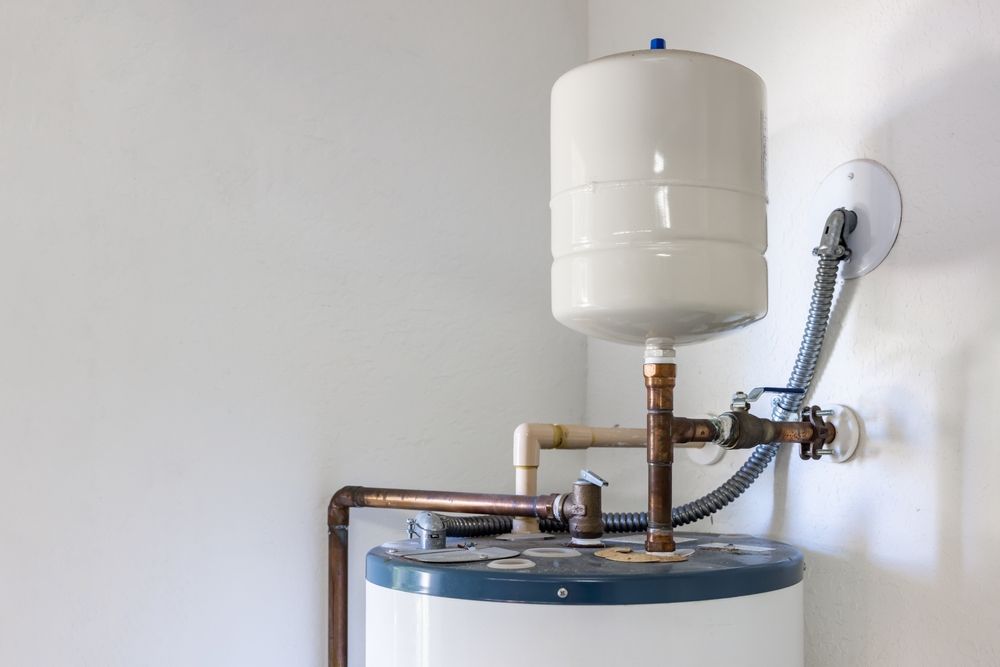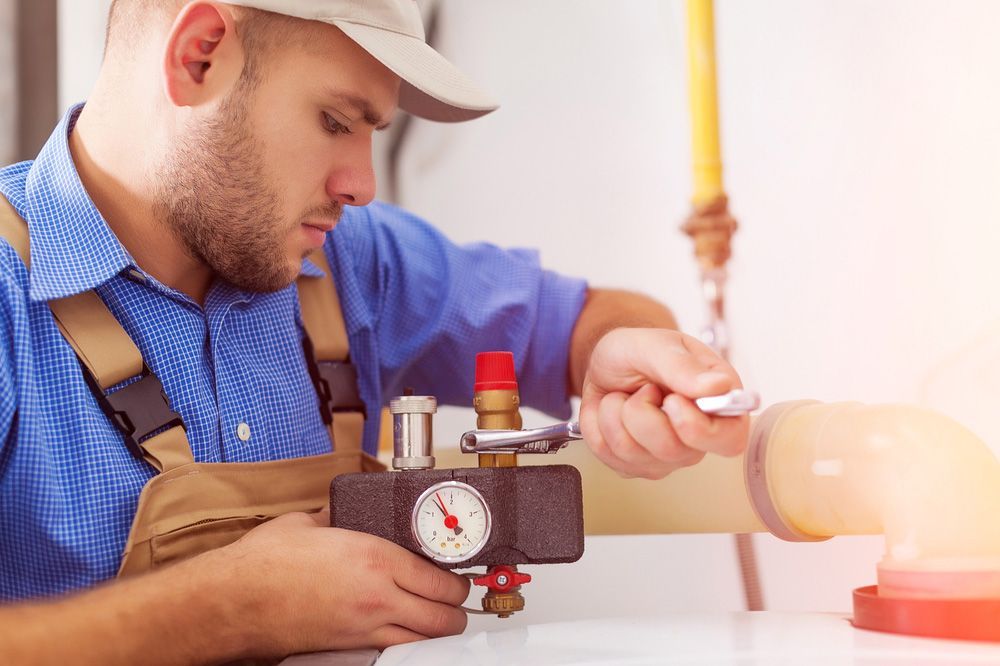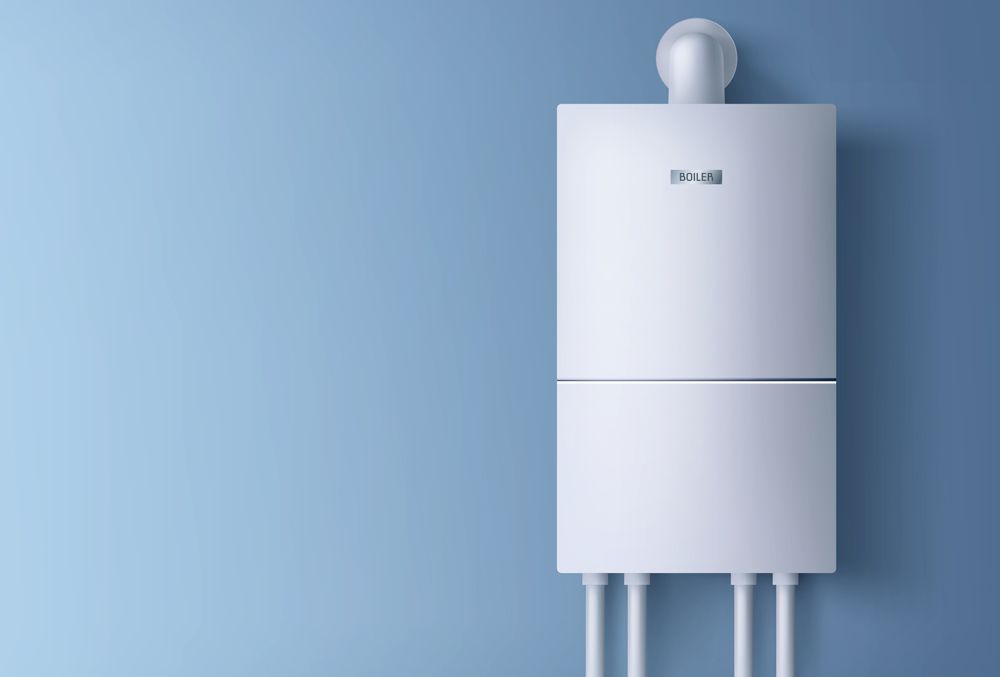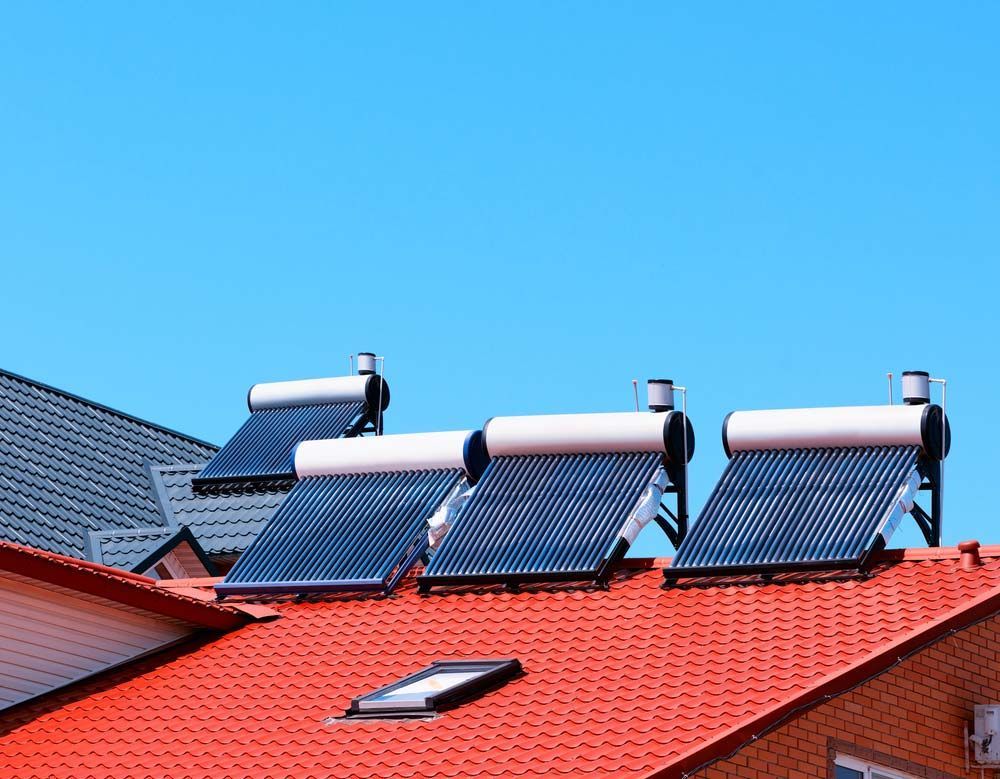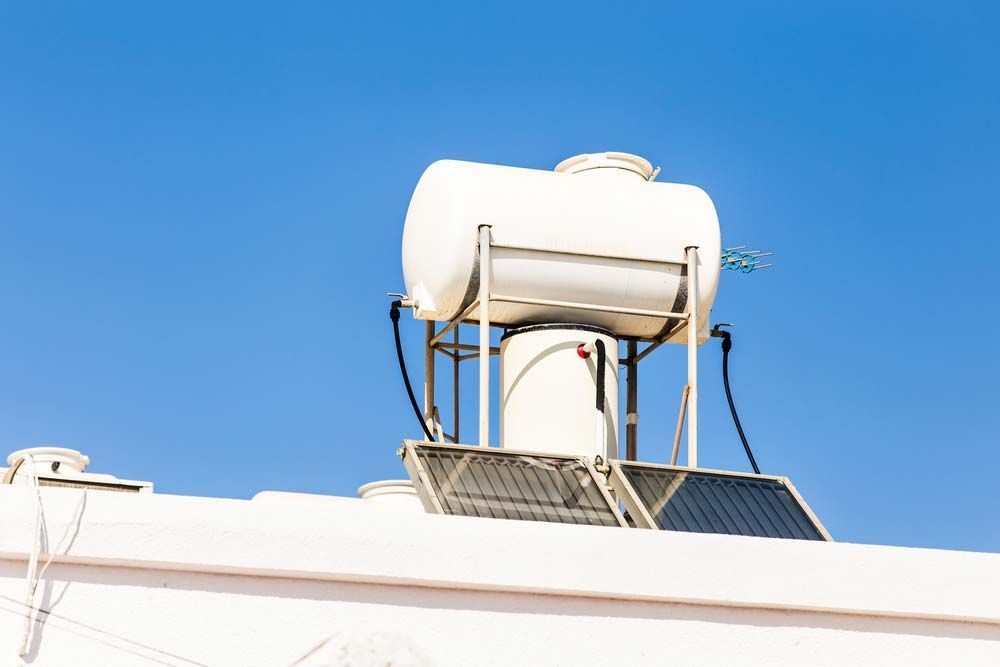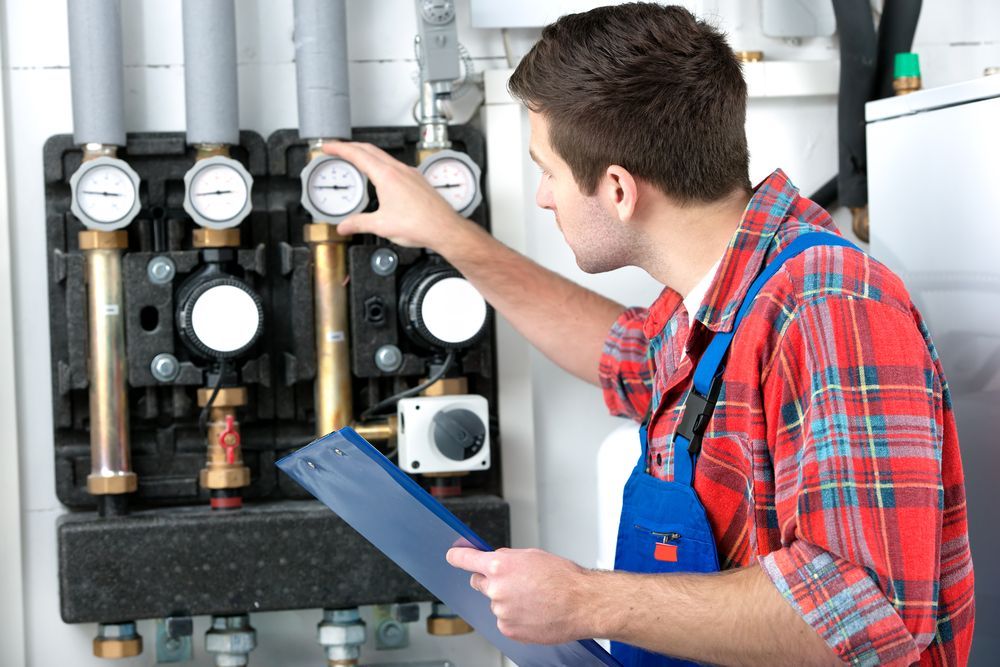Hot Water Systems Tamworth
Hot Water System Repairs - Do You have An Emergency?
If your business relies on a steady supply of hot water, a disruption can be a major setback. Thankfully, our dedicated team at ACS Plumbing is ready to serve you round-the-clock, diagnosing and rectifying your plumbing troubles swiftly and efficiently.
Our expertise extends beyond emergency fixes. We can help transition your electric hot water systems to gas, install state-of-the-art systems, perform temperature audits and upgrade your taps with thermostatic mixing valves.
Reach out to our hot water specialists in Tamworth on
0408 614 531 to address your specific needs.
Hot Water Systems Installation
With our broad experience, we confidently install and repair all brands, makes and models of hot water systems. Let us help you find the perfect gas or electric hot water system to meet your commercial, industrial or residential requirements.
Tempering & Thermostatic Mixing Valves
To avoid the production of bacteria, most hot water systems are set to more than 60°C. The installation of a tempering valve mixes hot water with cold water so the water at the tap is still hot enough to meet residential needs without scalding. We recommend fitting a tempering valve when hot water systems are installed to safeguard toddlers and seniors.
Thermostatic mixing valves help regulate the temperature of the water flow to stop it from changing between hot and cold constantly.
What Is A Gas Hot Water System?
Gas hot water systems use natural gas – or liquefied petroleum gas – to heat water instantly or in storage. To use a gas hot water system, you usually need a connection to the gas mains. Hot water tank systems use an insulated water tank that users can heat at their discretion. In contrast, a continuous flow system does not store water but instantly heats it when necessary.
The choice between tank-based and continuous systems can be a difficult one to make – both have their benefits. First of all, the continuous heater can be more expensive than its tank counterpart but – similar to gas vs electric heaters – the continuous model usually makes up for this over time. Continuous systems can deliver many litres of water every minute, but this might not be enough if you have the shower and the taps running on full-blast. You can install multiple instant systems to alleviate this, but ultimately it should all come down to your water use.
How Do Electric Hot Water Systems Work?
Electric hot water systems connect directly to the home’s electricity – sometimes this can be through a simple plug, but for larger tanks, you’ll have to integrate them into your electrics. The systems use a metallic element (usually made of copper) alongside a wire; passing the electricity through here lets the element heat the water. This heating element will be either in the tank or the pipes – depending upon whether this is a tank or continuous electric hot water system.
Though electric hot water systems may be slightly less efficient than gas hot water systems, it is worth noting that electric continuous flow systems are more efficient than their tank counterparts. This is because they only heat the element if and when necessary – it is, of course, paramount that you do not waste water when using this system, but generally, there is not much of a loss compared to tank-based systems. On top of this, continuous flow systems can last for longer than the alternative, which makes them even more cost-effective as they’ll require less maintenance and replacement.
Solar Hot Water Systems
At ACS Plumbing, we're committed to providing our customers with sustainable and efficient hot water solutions. Our solar hot water systems represent the pinnacle of green technology, harnessing the abundant solar energy in Tamworth to deliver hot water without the hefty energy bills or environmental toll.
Our expertise in solar technology allows us to offer bespoke installations, ensuring that each system is perfectly tailored to meet our clients' needs, whether for residential or commercial applications. Choosing us for your solar hot water system installation means opting for a future where energy efficiency and sustainability are prioritised.
Solar, Electrical and Gas: What is the Difference?
Understanding the differences between solar, electrical and gas hot water systems is crucial in making an informed decision that suits your needs. Solar hot water systems utilise solar panels to collect and convert sunlight into heat, offering a cost-effective and environmentally friendly solution with lower operating costs. On the other hand, electrical hot water systems use electricity to heat water, which can be more convenient but typically have higher running costs due to electricity prices. Gas hot water systems heat water using natural gas or liquefied petroleum gas, providing a quick and efficient heating solution that can be more economical than electricity in areas where gas is readily available.
Each type of system has its own set of benefits and considerations. Solar systems are ideal for minimising environmental impact and long-term costs. Electrical systems offer simplicity and are often less expensive to install but can be costly to operate. Gas systems are known for their efficiency and lower operational costs than electric ones, making them a popular choice for many households and businesses.
At
ACS Plumbing, we understand that choosing the right hot water system in Tamworth can be daunting. That's why we're here to help you navigate the options, ensuring you select the best system for your needs. Whether you're interested in the eco-friendly benefits of a solar hot water system or the efficiency of a gas system, our team of experienced plumbers in Tamworth is ready to provide you with expert advice and installation services.
Frequently Asked Questions
-
What is a solar hot water system?
A solar hot water system uses a number of solar collector panels and a storage tank to heat water for households. You normally require around 4 square metres of solar collector space – or two panels – for a 300-litre tank. Larger tanks are necessary to accommodate for days with less sunlight.
A solar hot water system is quite expensive when compared to other systems, but if set up correctly it can be a very cost-effective investment due to the low running costs.
-
What is a heat pump hot water system?
A heat pump hot water system transfers heat from low ambient temperatures into high ambient temperatures. In essence, it works by pumping heat from one area to another area, hence the name heat pump. This is different from air conditioners that extract heat from cooler systems and disperse it into a warm environment.
A heat pump hot water system can work in either direction, so it can provide heating and cooling to a property. They use renewable energy and are more efficient than standard water heaters even though they use electricity. This makes them another good long-term investment as it has low running costs.
-
What is an electric hot water system?
Electric hot water systems are probably the most common type of hot water system in Australia. Storage systems send cold water into storage tanks where elements heat up the water. When the water reaches a suitable temperature, it moves to the top and travels to the hot water tap when required.
-
What is a gas continuous hot water system?
This type of hot water system heats up water as is required by passing cold water through a heat exchanger. This means that you only use energy when you need hot water, which can make for an extremely efficient set up. It does have quite high running costs, though.
-
What is a gas storage hot water system?
A gas storage hot water system is designed to heat water using a gas burner which is found underneath the storage tank. When cold water passes into the tank, it sinks to the bottom and is heated by the burner. As the temperature rises, so does the hot water and it flows into your hot water pipes as you turn the hot water tap on.
-
How do I choose the right hot water system for my home?
Choosing the right home hot water system involves several considerations. Assess the size of your household and your daily hot water usage. For instance, larger families might benefit from continuous flow systems or larger storage tanks. Secondly, consider your energy source options. Electric, gas, solar and heat pump systems each have their advantages. Gas systems are typically more energy-efficient than electric ones, while solar and heat pump systems are more environmentally friendly. Additionally, think about your budget and the long-term running costs. Consulting with an experienced plumber can help you understand which system best meets your needs and fits your home’s infrastructure.
-
Can I switch from one type of hot water system to another?
Yes, you can switch from one type of hot water system to another. However, the process may involve modifying your home’s plumbing and energy setup. For example, switching from an electric to a gas system might require installing gas lines, while changing to a solar system could involve roof space for solar panels. It’s important to consider the installation logistics and potential costs. A skilled plumber can provide a comprehensive assessment and guide you through the transition, ensuring your new system is installed safely and efficiently.
-
What are the environmental benefits of using a solar or heat pump hot water system?
Solar and heat pump hot water systems offer significant environmental benefits. Solar hot water systems harness renewable energy from the sun, reducing reliance on fossil fuels and lowering greenhouse gas emissions. This makes them an excellent choice for households looking to minimise their carbon footprint. Heat pump systems are also environmentally friendly as they extract heat from the air and use less electricity than traditional electric water heaters. Both systems contribute to energy efficiency and sustainability, making them attractive options for eco-conscious homeowners.
-
How long does it take to install a hot water system?
The time it takes to install a hot water system varies depending on the type and the specifics of your home. On average, a straightforward installation of a new system can take a few hours to a day. For example, replacing an existing system with a similar type is usually quicker and often completed within a few hours. However, if you’re switching to a different type of system, such as moving from electric to gas or installing a solar system, the process might take longer, potentially extending to a full day or more. Factors such as the complexity of the installation, necessary upgrades to plumbing or electrical systems and site accessibility can all influence the duration. Engaging a qualified plumber ensures the installation is done efficiently and to a high standard.

